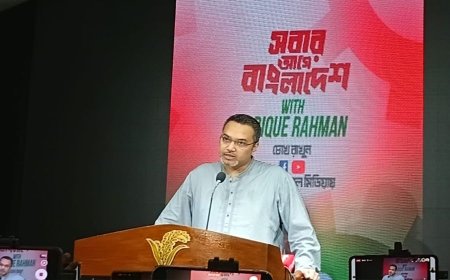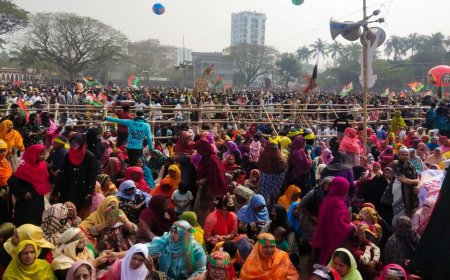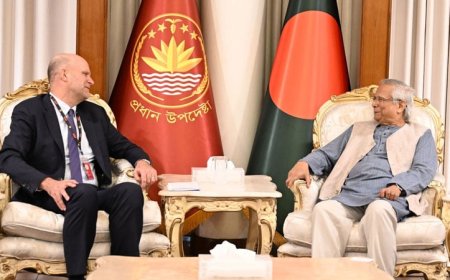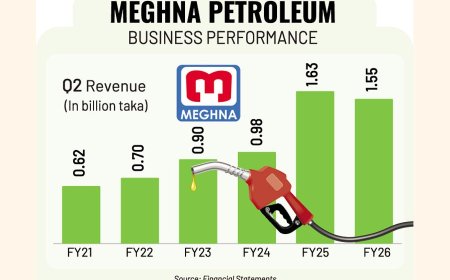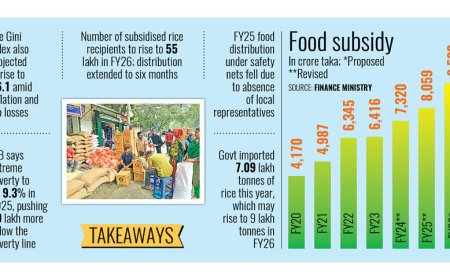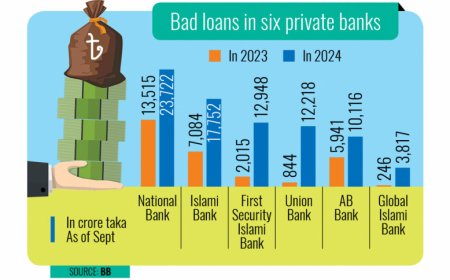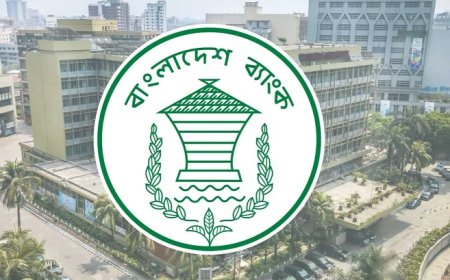Govt Seeks WB, ADB Support to Strengthen Trade Negotiation Capacity: Shafiqul
Govt Seeks WB, ADB Support to Strengthen Trade Negotiation Capacity: Shafiqul
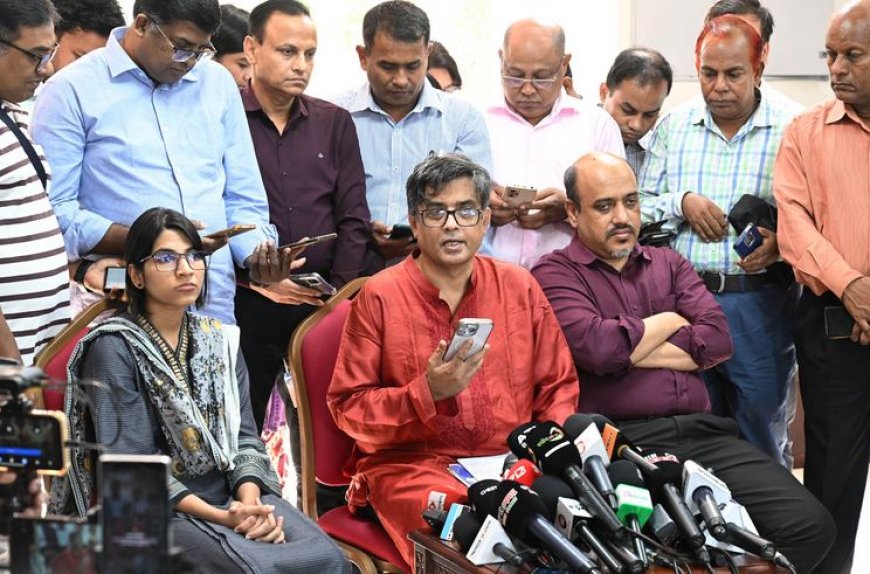
Chief Adviser’s Press Secretary Shafiqul Alam today said that the government has begun discussions with the World Bank and the Asian Development Bank (ADB) to strengthen Bangladesh’s capacity in trade negotiations.
“You know that we are currently holding free trade agreement (FTA) talks with several countries, including Japan, South Korea, Singapore, the United Arab Emirates, and Malaysia. To make these negotiations more effective, we need to build stronger institutional capacity,” he said.
“We have already engaged with the ADB and the World Bank on this capacity-building initiative, and we expect both institutions to extend their support,” he added.
Shafiqul Alam made the remarks while briefing reporters after a meeting of the National Steering Committee, formed to implement and monitor Bangladesh’s smooth and sustainable transition from LDC status, at the Chief Adviser’s Office in Tejgaon.
Chief Adviser Professor Muhammad Yunus chaired the meeting.
The meeting underscored the need to strengthen the information and communication technology (ICT) sector as a key source of employment generation.
“You know that many jobs are being created in the ICT sector, but these are not always visible,” the press secretary said, noting that while ICT exports previously received a 6 percent incentive, discussions focused on shifting attention toward frontier technologies like artificial intelligence (AI).
He added that the meeting decided to reduce incentives for traditional ICT sectors while increasing them beyond 6 percent for those engaged in advanced technologies such as AI.
Shafiqul Alam said the Chief Adviser emphasized the need to announce a roadmap as soon as possible to accelerate capacity building and job creation in the ICT sector.
The meeting also discussed the upcoming Import Policy for 2026–2028, which, he said, would be drafted and announced soon.
Finance Adviser Dr. Salehuddin Ahmed, Commerce Adviser Sk. Bashir Uddin, Industries Adviser Adilur Rahman Khan, Foreign Adviser Md. Touhid Hossain, Agriculture Adviser Lt. General (Retd) Md. Jahangir Alam Chowdhury, Planning Adviser Wahiduddin Mahmud, Environment, Forest and Climate Change Adviser Syeda Rizwana Hasan, Special Assistant to the Chief Adviser Dr. Anisuzzaman Chowdhury, Principal Secretary to the Chief Adviser M. Siraz Uddin Miah, Bangladesh Bank Governor Ahsan H. Mansur, NBR Chairman Md. Abdur Rahman Khan, Special Envoy on International Affairs to the Chief Adviser Lutfey Siddiqi, Special Assistant to the Chief Adviser for Posts, Telecommunications and ICT Faiz Taiyeb Ahmad, Principal Coordinator for SDGs Lamiya Morshed, and senior officials of the Economic Relations Division attended the meeting.
Business leaders including BGMEA President Mahmud Hasan Khan, FBCCI President Mahbubul Alam, DCCI President Taskin Ahmed, and Bangladesh Association of Pharmaceutical Industries (BAPI) President Abdul Muktadir were also present.
Speaking at the meeting, BGMEA President Mahmud Hasan Khan emphasized the need for a stable energy supply to support manufacturing, particularly in the production of man-made fibers. He called for the quick establishment of regasification units and the development of land-based LNG infrastructure alongside existing floating units to ensure energy security.
Participants also discussed the growing use of solar power across factories, noting that solar panels have helped reduce electricity costs significantly.
BAPI President Abdul Muktadir stressed the importance of ensuring a “steady and reliable gas supply” to attract investment in the pharmaceutical industry.
He noted that while Bangladesh has made notable progress in pharmaceutical manufacturing—such as in bioreactors, bioethics, and vaccine component production—further improvements in infrastructure and energy reliability are essential for sustained growth.
Pointing out that the proposed API Park still lacks sufficient investment, he said a stable gas supply would help draw both local and foreign investors.
Muktadir also highlighted the need to strengthen scientific and technical education, observing that “our universities are producing an oversupply of business graduates, while the real demand lies in science-educated professionals.”
What's Your Reaction?







